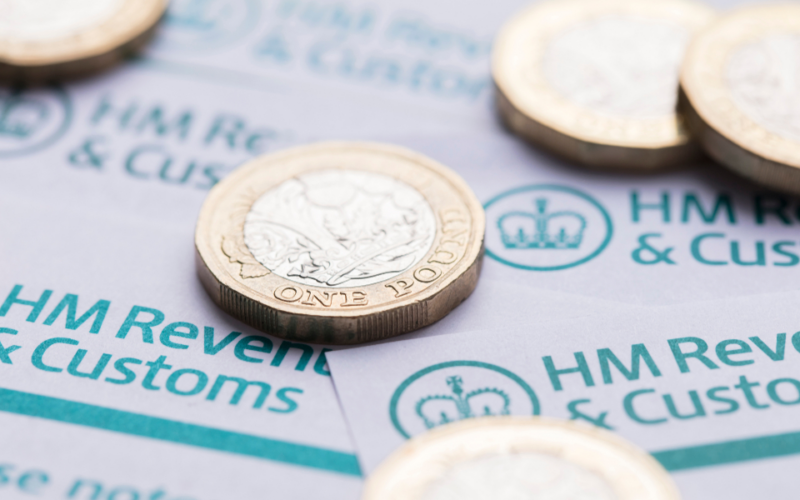The UK government’s flagship scheme designed to boost innovation and the economy by promoting research and development (R&D) has been exploited, leading to over £4 billion in losses due to fraud and error since 2020. This widespread abuse of the R&D tax credits scheme, intended to support groundbreaking advancements, has seen claims ranging from window cleaners’ innovative bucket-hanging methods to pubs adding vegan and gluten-free options to their menus.
Originally launched to position the UK as a leader in innovation, the scheme has been described by experts as a “wild west” due to the lax vetting of claims. HMRC’s recent annual report reveals that the estimated cost of fraud and error in the R&D tax credits scheme amounted to more than £4.1 billion between 2020 and 2024. Despite spending £7.7 billion on the reliefs in 2023-24 alone, the scheme has failed to safeguard against dubious claims.
The scale of abuse has been a significant concern for HMRC, as tax officials acknowledge that error and fraud in the scheme are “clearly unacceptable.” This comes at a time when Chancellor Rachel Reeves is pledging to crack down on tax fraud and non-compliance, with Labour aiming to recover £5 billion by the end of the current parliament.
Colin Hailey, a technology tax expert, testified that warnings about the scheme’s misuse were raised over six years ago. He noted that claims were not being properly scrutinized by HMRC, with the process being driven by agents who sought hefty commissions for their services. Hailey recounted a claim from a window-cleaning company for developing a safer way to hang a bucket, which was rightly rejected but highlighted the extent of the scheme’s abuse.
Businesses across various sectors, including care homes, pubs, fitness centers, and dental clinics, were reportedly inundated with calls from agents encouraging them to apply for tax credits for activities not traditionally considered R&D. One tax consultancy even boasted about securing a £28,000 tax credit for a pub that added vegan and gluten-free options to its menu, claiming the effort involved in crafting the menus justified the claim.
Despite the growing concerns, HMRC did not comment on whether these claims were legitimate. However, the agency’s annual report indicated that nearly one in four claims from small and medium-sized firms in 2021-22 contained errors or fraud, making it one of the most problematic government spending programs.
In response, HMRC has begun to rigorously scrutinize claims and plans to increase the number of compliance inquiries to recover some of the billions lost. An HMRC spokesperson emphasized that public money is at stake and that taxpayers expect the agency to scrutinize claims thoroughly and fairly, while also taking decisive action against those who deliberately abuse the system.
The R&D tax relief program, first introduced in 2000, was intended to address the UK’s lagging R&D spending compared to global competitors. However, the recent revelations of widespread fraud and error have cast a shadow over its effectiveness and prompted calls for stricter oversight and reform.








